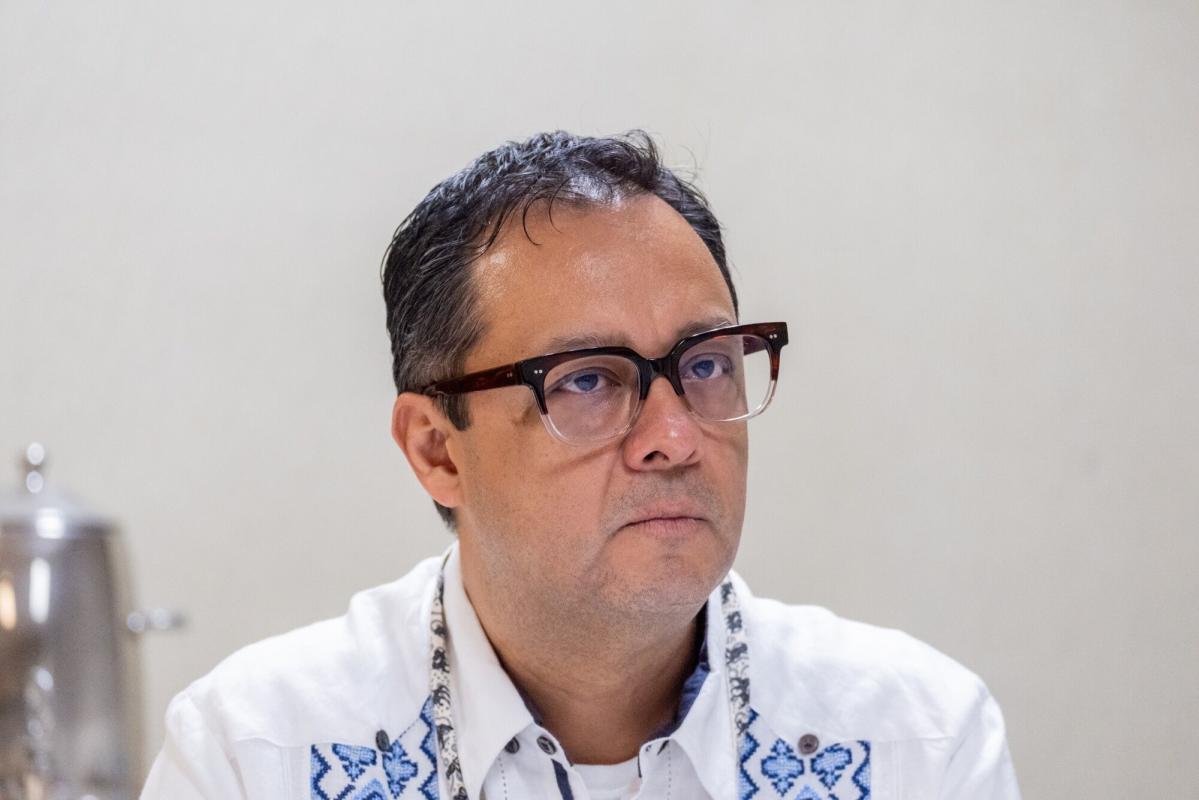
Sep. 27—Amid ongoing struggles to grow a stable workforce, the New Mexico Children, Youth and Families Department has proposed changes to rules governing hiring practices that would make it easier to become an employee of a department-contracted care provider.
The proposed changes would strike a provision that disqualifies a job applicant who has a prior misdemeanor conviction — an idea that has sparked debate over whether such applicants should be allowed to work at organizations that work with at-risk children.
“The need to increase the child welfare workforce is evident, but implementing a policy that could further endanger vulnerable children is not the way to do it,” Patti West-Okiri, chair of the New Mexico Social Work Workforce Consortium, said in a written statement.
For CYFD, the proposal would widen the pool of potential care providers contracted by the department, including organizations that have primary custody of children for 20 hours or more per week and juvenile detention or treatment facilities.
In emailed statements and responses to questions, department spokespeople said the proposed change is aimed at filling job gaps across the board, but they emphasized felony convictions for such things as human trafficking, sexual offenses and child abuse will be automatic disqualifiers.
Sexual abuse or a failure to protect against it would also be an automatic disqualifier, they said.
“The proposed excluded infractions are not those which would indicate any risk to the wellbeing [of] a child or youth in CYFD care but would rather enhance our ability to engage highly respected and recommended peer mentors who possess unique skills and perspectives gained through lived experience,” department spokesman Andrew Skobinsky wrote in an email.
“Having such lived experience is widely recognized as a valuable resource which adds to efficacy within social work,” he added.
The proposal would seem to strike down a provision that would disqualify an applicant who had been convicted of any trafficking in controlled substances, regardless of the degree of their offense. “Trafficking in controlled substances” is replaced with “human trafficking” in the proposed rule change.
In emailed responses to questions, CYFD spokeswoman Jessica Preston cited a person who had a substance abuse issue that led to a conviction as an example of someone who may offer valuable insights to young people.
“Assuming that person has been in recovery and is working an active program to support their continued sobriety, the ‘crime’ on their record poses no threat, and is actually a valuable lived experience that could add to their credibility thereby making them more approachable and relatable to certain youth,” she said.
Lorilynn Violanta, co-executive director of NMCAN, a youth leadership and advocacy organization, said she is not one to criticize people unfairly about prior convictions, but she isn’t sure broadening the eligibility for working with children in vulnerable positions is the way to create a workforce that best supports children and families.
“What is the culture of CYFD around how they are truly supporting families, and how are they supporting the employees to really provide that meaningful support for families who are facing, like, real challenges?” she said.
Sen. Gerald Ortiz y Pino, D-Albuquerque, said he also wasn’t against hiring people with a record.
“If we believe in rehabilitation, why are we constantly closing doors to people?” he asked.
The senator, who is the chair of the Legislative Health and Human Services Committee, said it was still important to hire licensed and qualified workers — but that this could go hand in hand with the general idea of widening the applicant pool.
“What I hope they don’t do is keep watering it down so they’re hiring high school graduates and trying to give them crash courses,” he said. “That’s just not going to work because that is too tough a field to just turn somebody loose if they haven’t really been well prepared.”
Esteban Candelaria is a corps member with Report for America, a national service program that places journalists into local newsrooms. He covers child welfare and the state Children, Youth and Families Department. Learn more about Report for America at reportforamerica.org.
EMEA Tribune is not involved in this news article, it is taken from our partners and or from the News Agencies. Copyright and Credit go to the News Agencies, email news@emeatribune.com Follow our WhatsApp verified Channel





